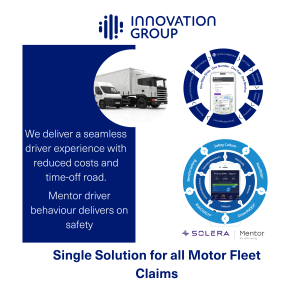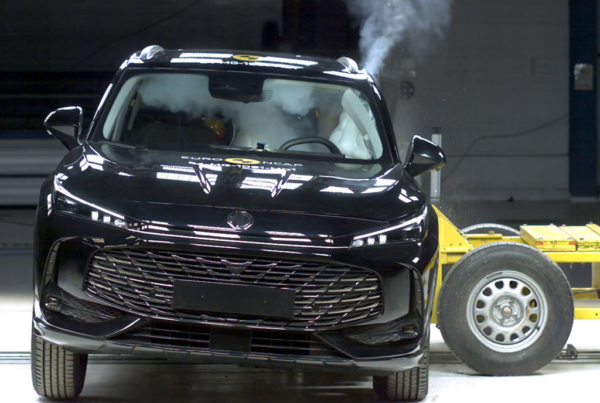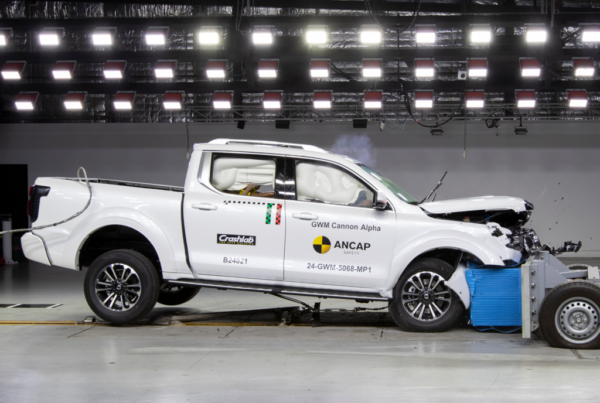At the Queensland Professional Development Forum July 23, Howard Strasser, Head of Technical Training at RACQ, provided insights into how the growing popularity of electric vehicles (EVs) is transforming roadside assistance. With more drivers switching to EVs, new challenges and opportunities are arising for RACQ’s training programs. Here’s how the RACQ team is preparing to meet the unique needs of EV drivers and ensure that help is always just a call away.
Adapting to the EV Revolution
The presentation highlighted the rapid shift towards fully-electric and hybrid vehicles. The emphasis was on the importance of specialised training to keep pace with this change. RACQ’s technical training team is leading the way, ensuring patrols are well-prepared to handle the unique needs of EVs.
Training for New Challenges
Unlike traditional petrol and diesel-powered vehicles, EVs present unique challenges, such as battery issues. While EVs are generally reliable, 12-volt batteries and other components can still fail and require roadside assistance.
RACQ is addressing these challenges with hands-on training on various EV models, helping their team become familiar with the specifics of these vehicles. Previously, it was difficult to obtain EVs for training due to high demand, but this situation has improved as more manufacturers offer vehicles.
Roadside Assistance for EVs
Despite their advanced technology, EVs still face common issues like flat tyres, 12-volt battery failures, and lockouts. RACQ’s patrols are equipped to handle these situations, often including mobile charging units to address low battery charge issues.
Range anxiety, where drivers worry about running out of charge, was also discussed. The importance of trip planning and understanding vehicle limitations was emphasised to alleviate this concern.
Looking to the Future
RACQ is not only responding to the rise of EVs but also planning for the future. They are exploring initiatives such as converting their own fleet to EVs. Recently, a trial of a Ford F-150 Lightning as a traffic response vehicle demonstrated the benefits of EVs, such as reduced noise and emissions.
Additionally, RACQ is working on EV health checks and collaborating with other automotive clubs in Australia to standardise EV training. This initiative aims to ensure that technicians across the country possess the necessary knowledge and skills to handle EVs safely and effectively.
In Summary
The presentation provided a clear view of how roadside assistance is evolving with the rise of EVs. RACQ’s proactive approach to training and adapting their services underscores the importance of staying ahead in a rapidly changing industry. As more people switch to EVs, focusing on specialised training and innovative solutions will be crucial for providing reliable roadside assistance.
A special thank you to Howard Strasser and RACQ for taking the time to update the industry and share their valuable insights.
Did you find this article interesting? Click the ‘heart’ button above to give it a ‘like’.



















